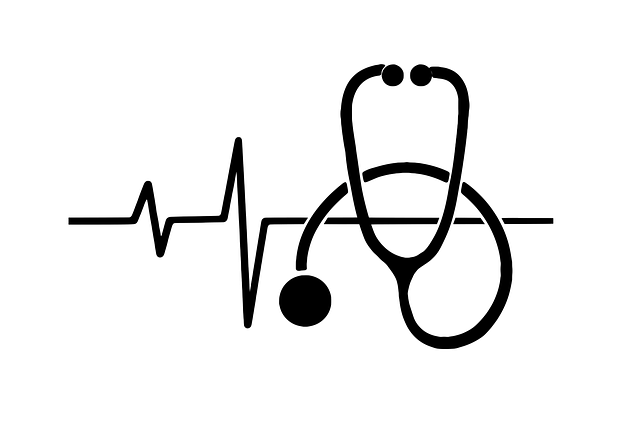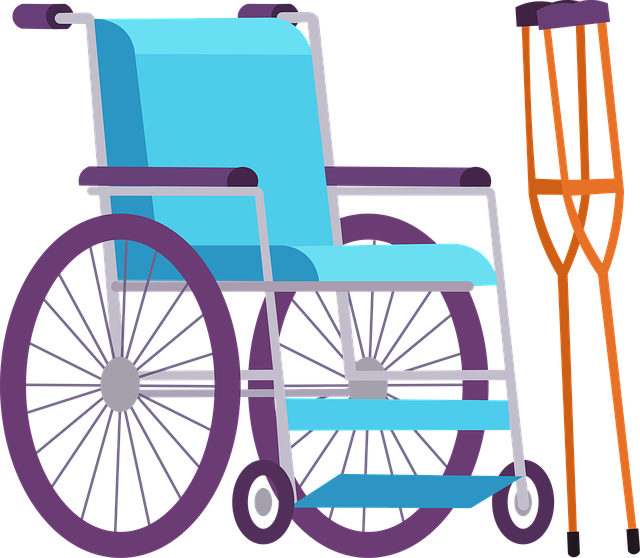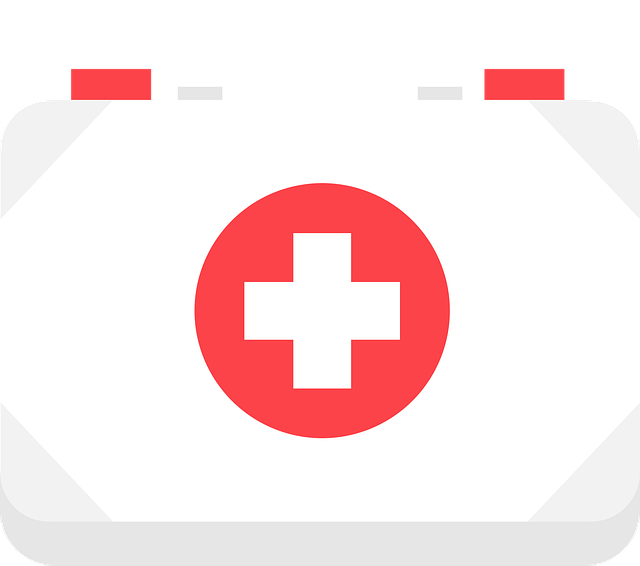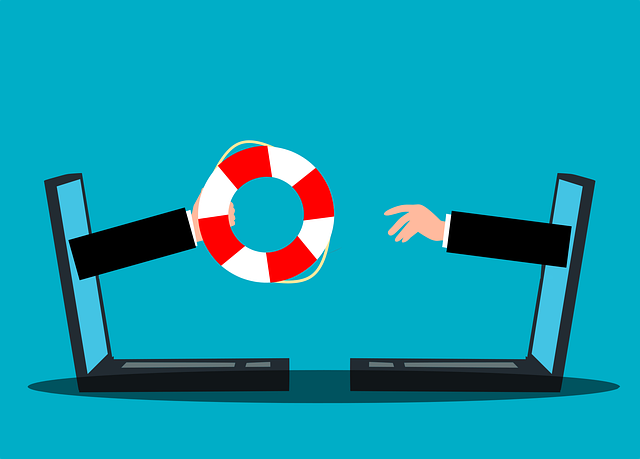In South Africa, medical aid and health insurance are distinct yet vital for healthcare access, catering to specific needs like outpatient care, chronic conditions, or everyday expenses. Medical aid brokers simplify choices by demystifying plans, comparing benefits, and securing competitive rates, while direct enrollment offers transparency. However, brokers may face limitations in plan availability, potential conflicts of interest, and varying regulation. Individuals should weigh independence (direct enrollment) versus expert advice when choosing between medical aid and health insurance based on age, health status, budget, and specific medical needs, ensuring long-term financial stability and healthcare accessibility.
In South Africa, understanding the nuances of medical aid and health insurance is crucial for accessing quality healthcare. This article delves into the pros and cons of using a medical aid and health insurance broker, highlighting key differences between medical aid vs health insurance. We explore advantages such as expert guidance and faster enrollment, while also examining potential risks and disadvantages. By comparing direct enrollment with broker assistance, readers can make informed decisions tailored to their needs.
- Understanding Medical Aid and Health Insurance in South Africa
- Advantages of Using a Medical Aid Broker
- Disadvantages and Potential Risks with Brokers
- Direct Enrollment vs. Broker Assistance: Comparison
- Making an Informed Decision: Weighing the Pros and Cons
Understanding Medical Aid and Health Insurance in South Africa

In South Africa, both medical aid and health insurance play crucial roles in ensuring access to quality healthcare for residents. However, they serve distinct purposes and have different implications, often leading to confusion among individuals navigating their healthcare options. Medical aid is a type of private insurance scheme, typically offered by employers or available for individual purchase, that covers a range of medical services and treatments. It focuses on out-patient care, hospitalisation, and specific prescription medications. On the other hand, health insurance is a broader term encompassing various types of coverage, often provided through government initiatives or private insurers. This includes not just medical aid but also plans catering to specific needs like day-to-day medical expenses, chronic conditions, and preventive care.
Understanding the nuances between Medical Aid Vs Health Insurance is essential for South Africans. While medical aid typically offers more comprehensive benefits tailored to individuals’ healthcare needs, health insurance can provide a safety net during unforeseen circumstances or for those seeking broader coverage. Choosing between them depends on personal factors like age, health status, income, and specific medical requirements, requiring careful consideration to make an informed decision.
Advantages of Using a Medical Aid Broker

Using a medical aid broker in South Africa offers several advantages, especially when navigating the complex landscape of medical aid vs health insurance. Firstly, brokers provide expert advice tailored to individual needs. They help demystify various plans, terms, and conditions, ensuring clients make informed choices that align with their specific healthcare requirements. This is particularly beneficial given the wide array of options available in South Africa’s private healthcare sector.
Brokers also streamline the application process, saving time and effort. They can compare different providers, their networks, and benefits, then present the most suitable options. Additionally, brokers often have access to a broader range of plans than individuals alone, potentially leading to better coverage at competitive rates. This service is invaluable when considering that medical aid vs health insurance decisions significantly impact long-term healthcare accessibility and financial stability.
Disadvantages and Potential Risks with Brokers

While medical aid vs health insurance brokers both offer valuable assistance in navigating complex healthcare plans, there are disadvantages and potential risks associated with broker services. One significant concern is that brokers may not always have access to all available plans, leading to limited options for consumers. This can result in individuals missing out on the most suitable or cost-effective coverage. Additionally, there’s a risk of brokers pushing specific plans that offer higher commissions rather than those that best align with clients’ needs.
Another disadvantage lies in potential conflicts of interest. Brokers earn commissions from insurance companies, which may incentivize them to prioritize sales over consumer interests. This could lead to overselling or misrepresenting policies, causing clients to pay for unnecessary coverage or face gaps in their medical aid or health insurance. Furthermore, not all brokers are regulated equally, leaving some consumers vulnerable to fraudulent practices or inadequate advice.
Direct Enrollment vs. Broker Assistance: Comparison

Direct enrollment in a medical aid plan or utilizing the assistance of a health insurance broker both have their advantages and disadvantages in South Africa. When considering a medical aid versus health insurance, direct enrollment allows individuals to navigate the process independently, offering transparency in costs and coverage options. This approach empowers policyholders to choose plans that align with their specific healthcare needs without third-party involvement.
In contrast, seeking broker assistance can streamline the often complex landscape of medical aid and health insurance offerings. Brokers provide expert guidance, helping individuals compare various plans, understand benefits, and navigate eligibility criteria. This support is particularly beneficial for those who find the process overwhelming or who require specialized knowledge to make informed decisions regarding their healthcare coverage.
Making an Informed Decision: Weighing the Pros and Cons

Making an informed decision between medical aid and health insurance is crucial for South Africans looking to manage their healthcare costs effectively. Each option offers unique advantages and disadvantages, requiring careful consideration based on individual circumstances.
On one hand, medical aids provide a comprehensive package of medical services at often discounted rates, with members typically paying monthly contributions. They offer access to a wide network of healthcare providers and facilities, including hospitals, specialists, and general practitioners. However, the benefits can vary between plans, and out-of-pocket expenses like co-payments and deductibles may still apply. Health insurance, on the other hand, is typically less expensive with higher flexibility in choosing service providers. It covers specific medical needs and treatments, allowing policyholders to access a wide range of healthcare options without being tied to a particular network. However, it might not cover all procedures or offer the same level of financial support as a medical aid plan. Weighing these pros and cons is essential for individuals to choose the best option that balances cost, accessibility, and coverage to meet their unique health needs.
When deciding between medical aid and health insurance in South Africa, understanding the benefits and drawbacks of using a broker is crucial. While brokers offer advantages like personalized advice and faster enrollment, there are also risks to consider, such as potential conflicts of interest and additional costs. Direct enrollment provides more control but may lack the guidance offered by specialists. Ultimately, the best choice depends on individual needs, with informed decisions balancing the pros and cons of each option, ensuring optimal healthcare coverage in South Africa’s dynamic landscape.







